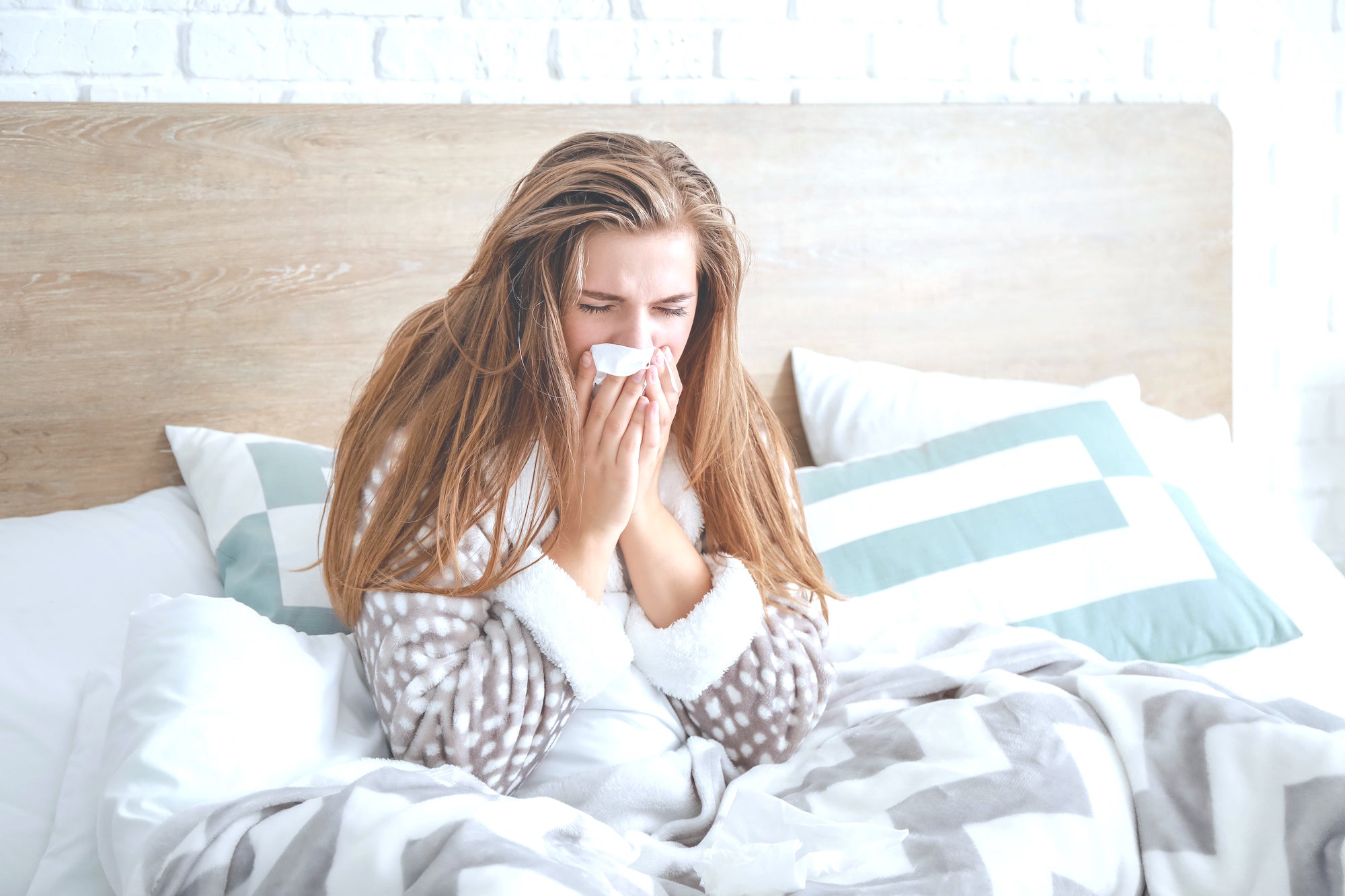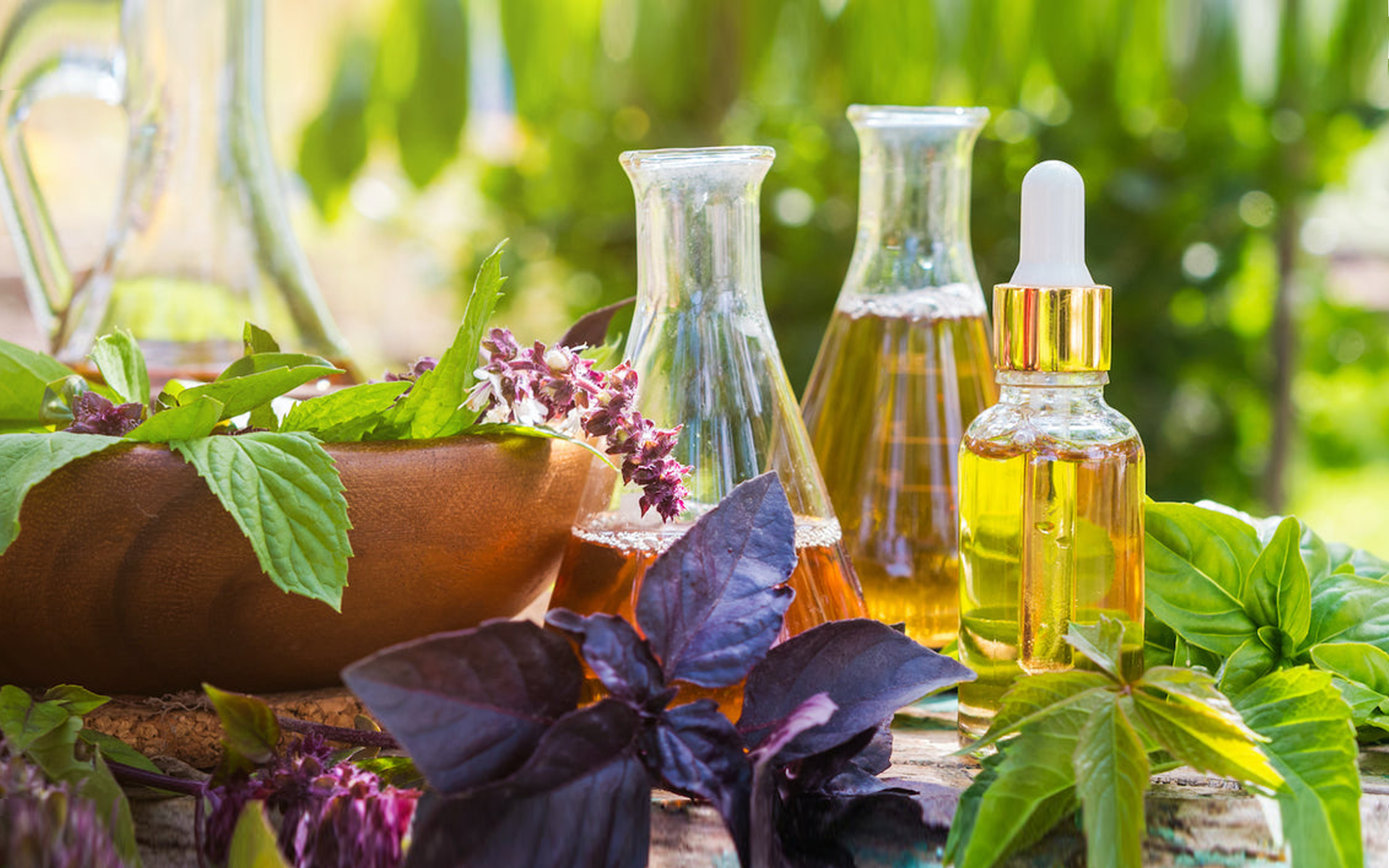
Coffee and Acne: The Bitter Truth
There’s no evidence to suggest that coffee causes acne, and research on the topic is limited. Some studies suggest that certain components in coffee, such as caffeine, may have both positive and negative effects on the skin. On the positive side, caffeine has antioxidant properties, which may be beneficial for the skin. On the negative side, excessive caffeine intake can lead to dehydration, and dehydration may affect the skin's overall health.
Coffee is great for perking you up but can also lead to increased stress and anxiety. And while the stress hormone doesn’t cause acne on its own, your stress response can make your existing acne breakouts worse. Adding insult to injury, other caffeinated drinks, like tea, soft drinks, or soda, can also affect skin health and contribute to acne breakouts.
Will Coffee Cause Pimples?
The relationship between coffee consumption and the development of pimples or acne is not definitively established. Acne is a multifactorial skin condition influenced by a combination of genetics, hormones, diet, and skincare habits.
However, some aspects of coffee consumption may contribute to acne in certain individuals:
- Caffeine and Cortisol: Caffeine can stimulate the release of cortisol, a stress hormone. Elevated cortisol levels may lead to increased oil production in the skin, potentially contributing to acne.
- Dehydration: Coffee is a diuretic, which means it can increase urine production and potentially lead to dehydration. Dehydrated skin may produce more oil to compensate, which could contribute to acne.
- Additives: Ingredients commonly added to coffee, such as sugar and dairy, may have their effects on acne. Diets high in refined sugars and dairy products have been associated with an increased risk of acne in some studies.
How Does Caffeine Affect Hormones and Blood Sugar?
Caffeine, a natural stimulant found in coffee, tea, and various other beverages and supplements, can influence hormone levels and blood sugar in several ways:
- Cortisol (Stress Hormone): Caffeine consumption can lead to an increase in cortisol, often referred to as the stress hormone. Cortisol is released in response to stress or low blood glucose levels. While this elevation in cortisol can be a normal part of the body's response to a perceived threat, chronic and excessive cortisol release may have negative health effects, including increased anxiety and potential disruption of the sleep-wake cycle.
- Insulin Sensitivity: Caffeine has been suggested to affect insulin sensitivity, which is crucial for regulating blood sugar levels. Some studies indicate that caffeine may enhance insulin sensitivity in the short term. However, long-term effects on insulin sensitivity can vary among individuals.
- Blood Sugar Levels: Caffeine can lead to a temporary increase in blood sugar levels, especially after consuming a meal. This is thought to be due to caffeine's stimulating effect on the adrenal glands, which can prompt the release of hormones that raise blood sugar.
- Adrenaline (Epinephrine): Caffeine stimulates the release of adrenaline, a hormone that prepares the body for the "fight or flight" response. Adrenaline can cause a rapid increase in heart rate and can also affect blood sugar levels by promoting the breakdown of glycogen into glucose for energy.
How Sugar and Dairy Affect Acne?
For many coffee enthusiasts, the ritual of adding milk, cream, or sugar is a daily delight. Yet, there's evidence of the connection between higher consumption of dairy milk and the development or exacerbation of acne. Discover the insights into how your coffee choices might influence your skin's health and explore the evidence behind this intriguing link.
Sugar:
- Insulin and Insulin-like Growth Factor (IGF-1): Diets high in refined sugars and carbohydrates can lead to spikes in blood sugar levels. This, in turn, triggers the release of insulin and insulin-like growth factor (IGF-1). These hormonal changes may influence the development of acne by increasing sebum (skin oil) production and promoting inflammation.
- Inflammation: High sugar intake may contribute to systemic inflammation, which could affect the skin and potentially worsen conditions like acne.
- Glycemic Index: Foods with a high glycemic index (such as sugary snacks and beverages) have been associated with an increased risk of acne. High-glycemic foods can lead to rapid spikes in blood sugar and insulin levels.
Dairy:
- Hormones: Dairy products, particularly milk, can contain hormones (such as IGF-1 and insulin) that may influence the skin. Hormonal imbalances can contribute to the development of acne.
- Androgens: Some studies suggest that dairy consumption may increase androgen levels in the body. Androgens are hormones that stimulate the sebaceous glands, leading to increased oil production and potentially contributing to acne.
- Inflammation: Like high-sugar diets, diets rich in dairy products may contribute to inflammation, which can affect the skin.
Does Quitting Coffee Help Acne?
The impact of quitting coffee on acne can vary from person to person. While there's limited scientific evidence directly linking coffee consumption to acne, some individuals may experience improvements in their skin after quitting coffee. Here are potential reasons why quitting coffee could be associated with clearer skin:
- Cortisol Levels: Coffee, especially with caffeine, can stimulate the release of cortisol, the stress hormone. Elevated cortisol levels may contribute to increased oil production in the skin, potentially leading to acne. Quitting coffee might lead to a reduction in cortisol levels, which could positively impact the skin.
- Hydration: Coffee is a diuretic, meaning it can increase urine production and potentially contribute to dehydration. Dehydrated skin may produce more oil to compensate, potentially worsening acne. Quitting coffee could lead to better hydration, positively affecting skin health.
- Dietary Factors: People often add sugar and dairy to their coffee, and these ingredients have been associated with acne in some studies. Quitting coffee might lead to a reduction in the consumption of these potential acne triggers.
- Individual Sensitivity: Some individuals may be more sensitive to the effects of coffee or caffeine on their skin. Quitting coffee can help identify if there's a direct correlation between coffee consumption and acne breakouts for a particular individual.
Ultimately, the decision to quit coffee should be based on individual preferences, health goals, and considerations beyond just the potential impact on acne.
How to Drink Coffee without Worsening Your Acne
If you enjoy drinking coffee and want to minimize its potential impact on acne, here are some tips that might help:
- Choose Your Coffee Wisely: Opt for high-quality coffee beans. Low-quality beans may contain mold, which could potentially trigger skin issues. Consider organic coffee to avoid potential exposure to pesticides.
- Monitor Additives: Be mindful of what you add to your coffee. Sugar and dairy are common additives that, in excess, may contribute to acne for some individuals. If you like your coffee sweetened, consider using alternatives like stevia or honey in moderation.
- Hydration is Key: Coffee is a diuretic, and dehydration can contribute to skin issues. Ensure you stay well-hydrated by drinking plenty of water throughout the day.
- Consider Your Dairy Choices: If you use dairy in your coffee, consider alternatives like almond, soy, or oat milk. Some individuals find that switching to non-dairy options helps improve their skin.
- Mind Your Caffeine Intake: Pay attention to your overall caffeine consumption. If you consume a lot of caffeinated beverages throughout the day, it might be beneficial to reduce your intake.
- Be Consistent: Try to be consistent with your coffee-drinking habits. Sudden changes in caffeine consumption may impact your body and potentially your skin.
- Skin Care Routine: Maintain a good skincare routine to keep your skin clean and healthy. This includes regular cleansing and moisturizing.
- Observe Your Skin's Response: Pay attention to how your skin reacts to coffee. If you notice a correlation between coffee consumption and acne breakouts, consider adjusting your habits accordingly.
Is Applying Coffee Good for Acne-Prone Skin?
Coffee grounds have been used in some skincare routines, and there is anecdotal evidence suggesting that applying coffee topically may have certain benefits for the skin. However, it's important to note that scientific research on the direct benefits of applying coffee to acne-prone skin is limited, and individual responses can vary.
Here are some potential benefits and considerations:
- Exfoliating
- Reducing cellulite
- Calming the skin
- Reducing inflammation
- Treating fine lines and sunspots
- Soothing dark under-eye circles
- Preventing melanomas and skin growths
- Fighting Acne Bacteria
This incredible range of skin and health benefits is precisely why Averr Aglow uses coffee arabica extract complemented by comfrey and Kakadu plum in our products.






